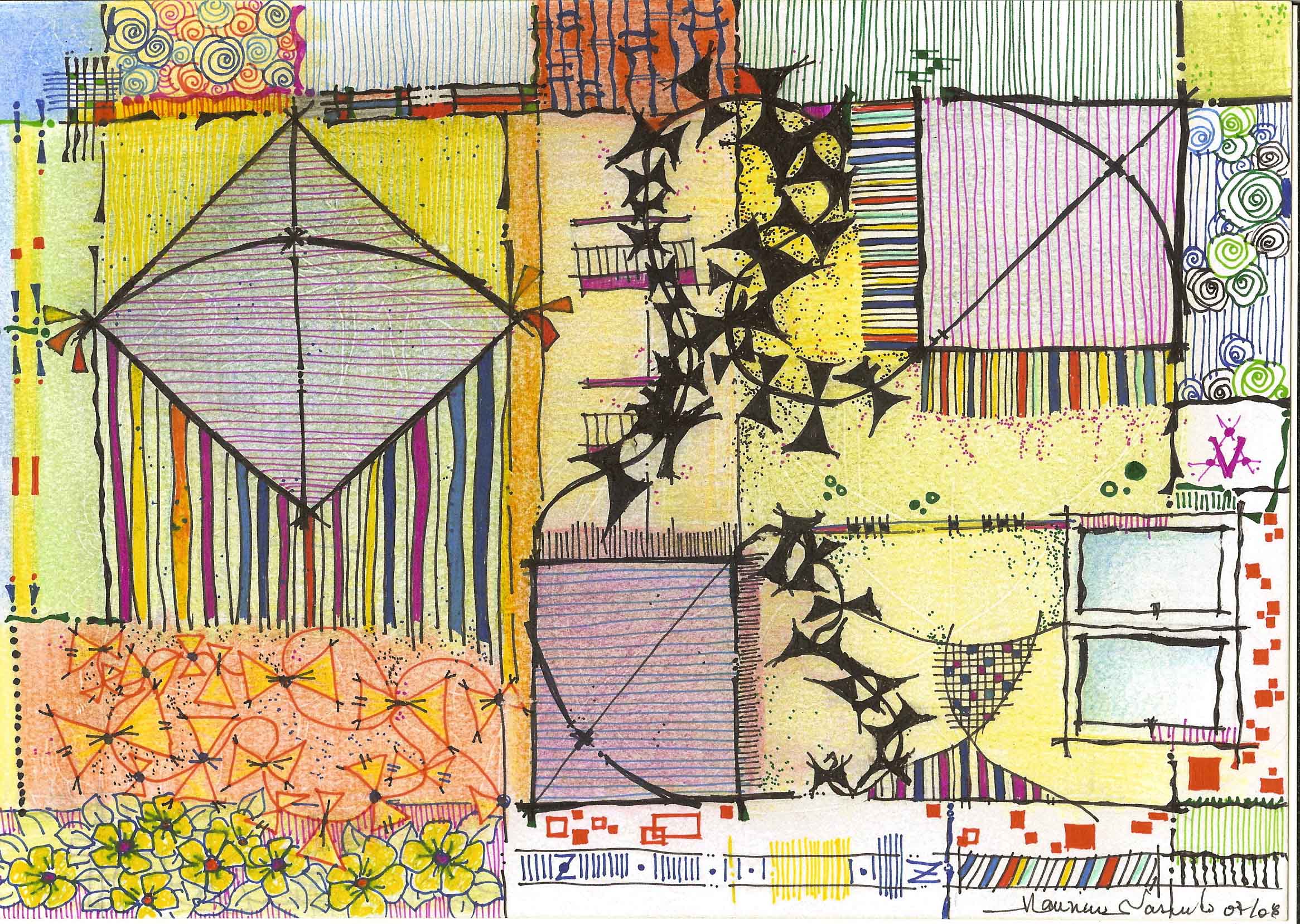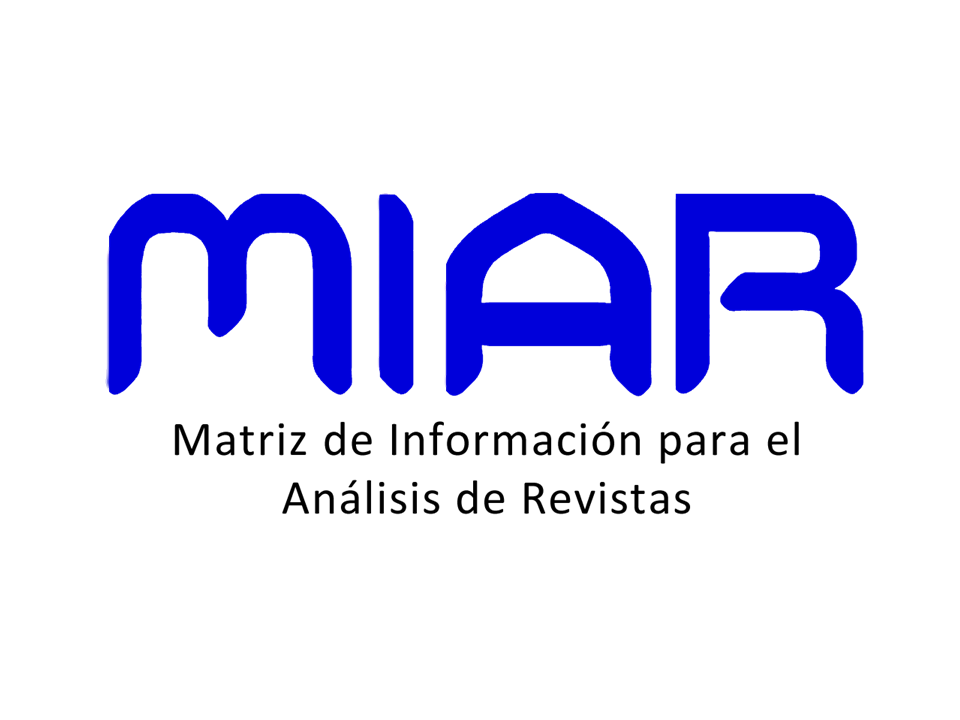UMA ANÁLISE EM POLÍTICA LINGUÍSTICA DO PORTUGUÊS COMO LÍNGUA CRÍTICA E DE PRÁTICAS TRANSCULTURAIS EM UM CONTEXTO ESTADUNIDENSE
DOI:
https://doi.org/10.22478/ufpb.1983-9979.2021v16n1.58581Keywords:
Política Linguística, Português como língua adicional (PLA), Línguas críticas, Agência docente, TransculturalidadeAbstract
According to Shohamy (2006, p. xv-xvi), “Language policy, therefore, needs to be understood in a broader perspective that includes mechanisms, policies and practices as well as the set of negotiations, conversations and battles that take place among them.” In this sense, I intend to present a language policy analysis on a Portuguese as an additional language (PAL) policy from some of its multifaces: from the more formal and explicit to the implicit and built in classroom ones. In other words, I will present a PAL teaching context – an initiative of The Flagship Program in the United States – in which, on one hand, Portuguese is considered a critical language to the North American government, whereas, on the other hand, that language constitutes itself through Japanese Brazilian poetry practices in class. Thus, this work aims to problematize these language policies not only as state mechanisms, but also as linguistic and transcultural practices, in which the teacher is a policy agent, and not only a piece of the mechanism. In order to achieve that, from the Language Policy as a field of activities (RAJAGOPALAN, 2013), the analysis takes into account some information about the research context as well as some results of in-class works that were published in a cultural magazine. Finally, besides sharing didactic material, I aim to provide some reflections on teacher agency (PRIESTLEY; BIESTA; ROBINSON, 2015) as part of those language policies.










